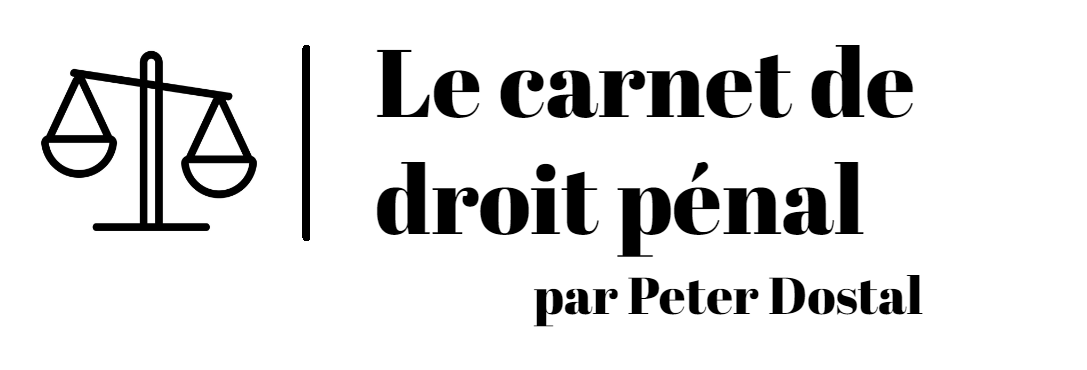« Erreur provoquée officiellement » : différence entre les versions
m Remplacement de texte : « ==General Principles== » par « ==Principes généraux== » |
m Remplacement de texte : « |January| » par « |janvier| » |
||
| Ligne 1 : | Ligne 1 : | ||
{{en|Officially_Induced_Error}} | {{en|Officially_Induced_Error}} | ||
{{Currency2| | {{Currency2|janvier|2015}} | ||
{{LevelOne}} | {{LevelOne}} | ||
{{HeaderDefences}} | {{HeaderDefences}} | ||
Version du 22 juin 2024 à 11:02
| Ang |
| Cette page a été mise à jour ou révisée de manière substantielle pour la dernière fois janvier 2015. (Rev. # 3420) |
| n.b.: Cette page est expérimentale. Si vous repérez une grammaire ou un texte anglais clairement incorrect, veuillez m'en informer à [email protected] et je le corrigerai dès que possible. |
- < Droit pénal
- < Défenses
Principes généraux
A valid excuse for violating the law is on the basis of an officially induced error of law. [1] The defence arises where the accused is given advice in error that the accused relies upon in doing the criminal act.
An officially induced error is available as a defence to prevent morally blameless individuals, who believe they are acting in a lawful manner, from being convicted.[2]
This is an exception to the principle that ignorance of the law is no excuse.[3]
This defence cannot be invoked for bad advice from court-house duty counsel as legal aid is not part of the government.[4]
- Purpose
The purpose of the defence is to prevent injustices where the “state approving conduct with one hand and seeking to bring criminal sanction for that conduct with the other”[5]
The defence arises in part out of the overly complex nature of regulation. [6]
- Remedy
A successful application will result in a stay of proceedings.[7]
- Elements
The elements that must be proven are:[8]
- The error was one of law or mixed law and fact
- The accused considered the legal consequences of her actions
- The advice obtained came from an appropriate official
- The advice was reasonable in the circumstances
- The advice obtained must be erroneous
- The accused must demonstrate reliance on the official advice
Each element must be proven on a balance of probabilities by the accused.[9]
- ↑ R c Jorgensen, 1995 CanLII 85 (SCC), [1995] 4 SCR 55, par Lamer CJ, aux paras 28 to 37
- ↑
, ibid.
R c Halloran, 2010 ONSC 4321 (CanLII), 99 MVR (5th) 257, par Sproat J
- ↑ Jorgensen, supra
- ↑ R c Pea, 2008 CanLII 89824 (ON CA), 79 WCB (2d) 262, par Gillese JA
- ↑ Jorgensen, supra, au par. 30
- ↑
Jorgensen, supra, au par. 25
Lévis (City) v Tétreault; Lévis (City) v 2629-4470 Québec inc., 2006 SCC 12 (CanLII), [2006] 1 SCR 420, par LeBel J at 24 - ↑ Jorgensen, supra
- ↑ Jorgensen, supra, aux paras 28 to 32
- ↑ Jorgensen, supra
